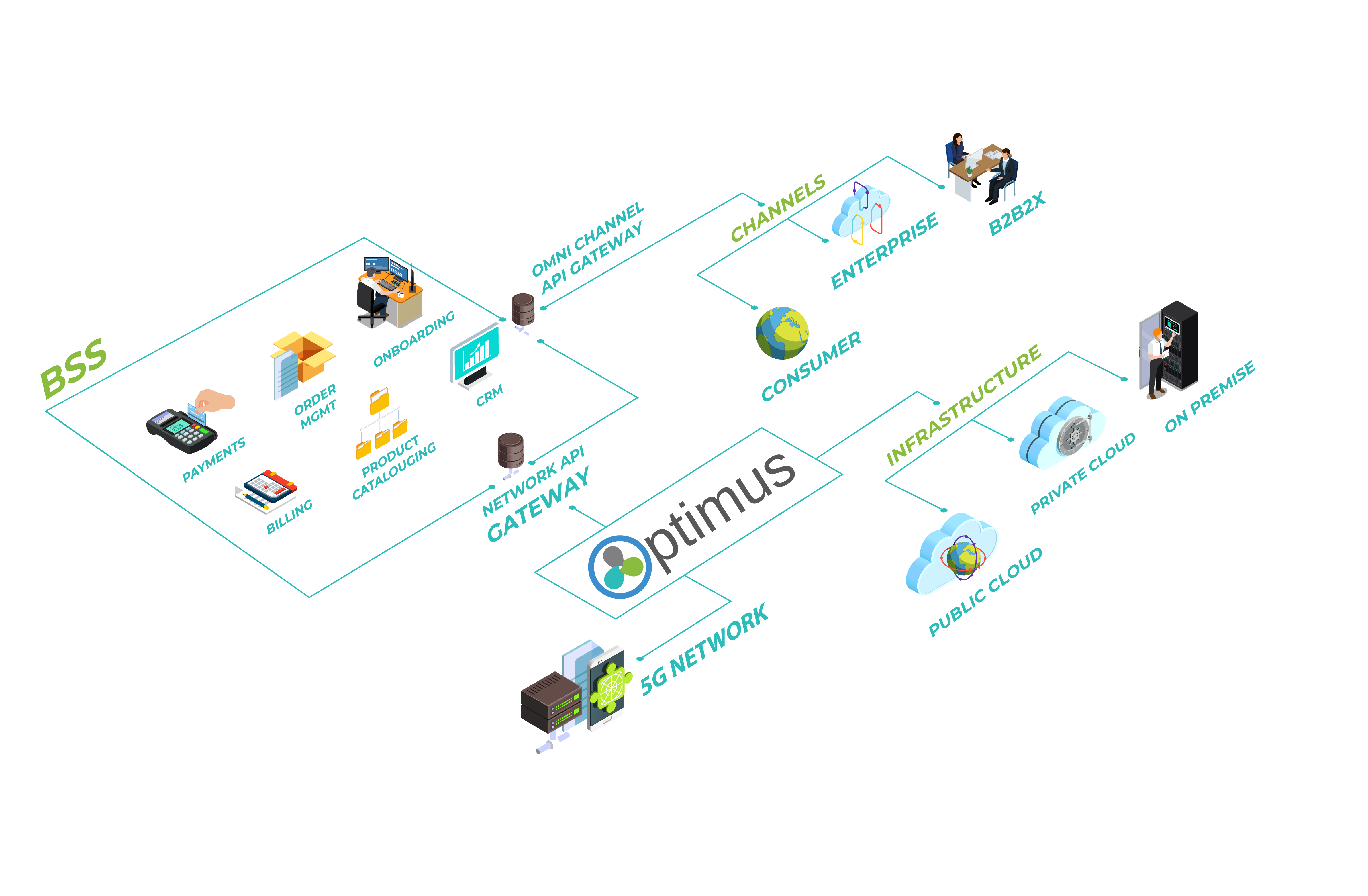As service providers move to 5G, more connected markets and Internet of Things (IoT) applications are thriving. In fact, by 2025, global 5G revenue is forecast to grow to 300 billion US dollars, according to GSMA. Such a large expansion is promised to boost the digital innovation and economic growth worldwide, generating a wider range of unique customer service demands and putting operators under pressure to meet these.
However, doing so can be costly, says Martin Laesch, chief technology officer at Neural Technologies, and ensuring that each customer has a unique experience while still making a profit is a well-known challenge in the industry. To combat this, a flexible and dynamic charging system is required to monetise the complexity of customer demand.
This maximises the ability to charge for rising numbers of new personalised experiences and potential services which end users have come to expect in our connected world. Without it, the lack of personalised experiences on offer puts organisations at risk of losing revenue and customer loyalty.
Billing automation for maximum monetisation
Consumers stand at the centre of this drive as they continue to invest in and value personalised experiences – from smart homes to wearable technology – and are willing to pay more for a customised product or experience, according to research by Deloitte. With this, it is clear that each opportunity to meet these unique and customised services demands must be recognised and taken advantage of as a potential new revenue stream – especially in such a competitive landscape.
Previously, traditional billing methods comprised of multiple services, platforms and invoices which, in the 5G era, would create payment chaos. With so many personalised and individual needs to be met, traditional processes are failing to cope with the mass of complex demands, proving automated approaches to charging for services as the only feasible way to charge customers accurately.

With 5G slicing enabling volumes of new services, a flexible and agile billing process is needed to accelerate and maximise all avenues of monetisation and boost revenue of new business models and services across industries and applications worldwide. Leading telecom operators have already adopted such processes to enhance their customer experience and invoke customer loyalty in the form of multi-levelled tariff ecosystems, offering consolidated billing to enable them to deliver differentiated, real-time services.
This approach uses automated, deep analytics and Machine Learning (ML) solutions to identify and charge customers for the unique services they require, allowing business models to expand and new services to innovate using data intelligence when customers need it most. Essentially, using a charging solution helps to measure what customers want, predict the most effective of action, and make an informed decision on the best process and resources needed to deliver the appropriate service.
Charging ahead of the market
With the support of a ML solution, businesses can harness the ever-increasing amounts of data generated by their users and automate effective and profitable charging services. Going beyond the identification of new services to charge customers for, flexible charging processes can also help to capture services which are not being charged for, reporting any discrepancies to prevent customers being over or under changed. This flexibility in applying service charging to a constantly evolving tariff system is the difference between retaining and losing loyal customers.
By investing in a Charging as a Service (CaaS) Solution, organisations can combat common industry challenges. With a Tariff Rating Platform guaranteeing an accurate and leak-proof revenue stream, and in-built security offering cutting-edge data quality and improved ROI and customer experience, digital transformation is made safe and efficient. As a complete cloud-based charging, analytics and revenue assurance platform, CaaS also has the ability to adopt a wide variety of tariff structures at any level of complexity. This includes all charging deployments from peak hours, to discounts, to geo-zoning, ensuring that all scenarios of customer usage and billing are covered.
Being a multi-levelled tariff ecosystem, CaaS can support use cases such as Utility Metering, IoT Rating, Revenue Assurance and Billing Reconciliation, even across new 5G services. The solution provides both maximum flexibility and profitability in order to better customer experience and enhance profits whilst future proofing the network and leaving room for inevitable structural evolution. Offering effective solutions to facilitate operations in every aspect of customer charging, it works to develop innovations which not only optimise current network efficiency, but also support continual growth, both corporately and technologically, in a competitive 5G world.
The author, Martin Laesch joined Neural Technologies in October 2015 as senior vice president of Professional Services and is now the chief technology officer. Martin is responsible for the global Strategy and Products, Solutions development as well as the Consultancy Services to our customers. He has more than 20 years’ experience in telecommunications services and the software industry, filling roles from Project Manager to Managing Director. Martin joined Neural Technologies in October 2015 by acquisition of Enterest GmbH, which he co-founded in 2003. Martin holds a Master of Computer Science degree.
Neural Technologies brings insight to an open digital world. Optimus, from Neural Technologies, is designed to assist the enterprise in successfully digitising its various business processes in the areas of Revenue Protection, Digital Transformation and Customer Experience using its Artificial Intelligence and Machine Learning techniques. Neural Technologies has a global presence with customers in 45 countries worldwide delivering solutions in Fraud, Credit Risk, Charging, Mediation, Analytics, Orchestration, Revenue Assurance, IoT, Dunning and many more. Founded in 1990, the company has built an international reputation for providing award-winning solutions to increase the bottom-line for its customers around the globe.
The author is Martin Laesch, chief technology officer at Neural Technologies.
Comment on this article below or via Twitter: @VanillaPlus OR @jcvplus






